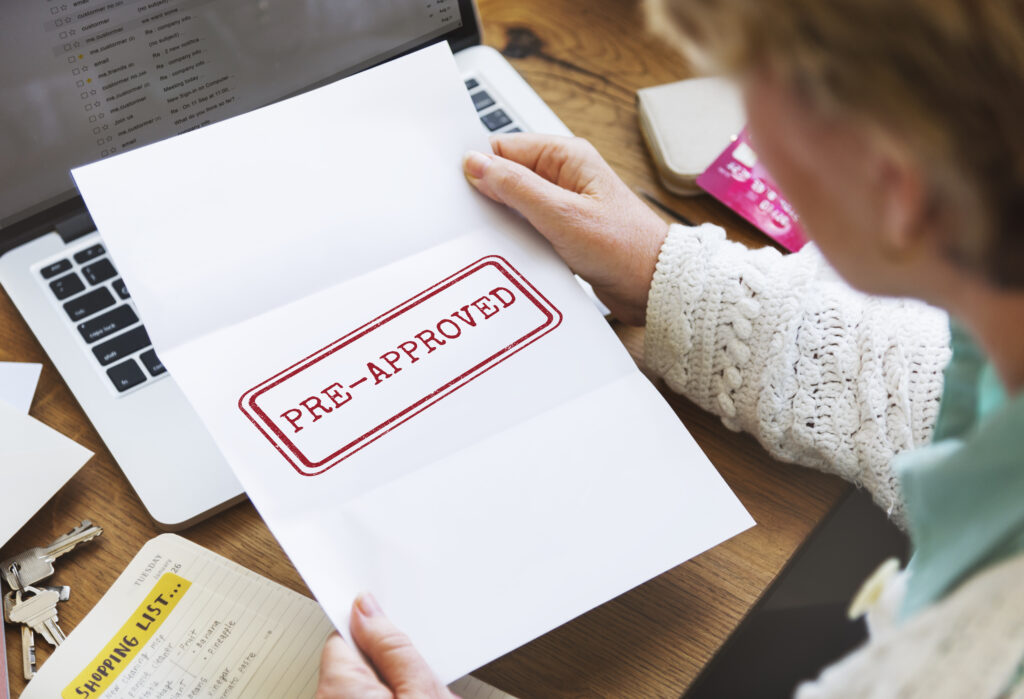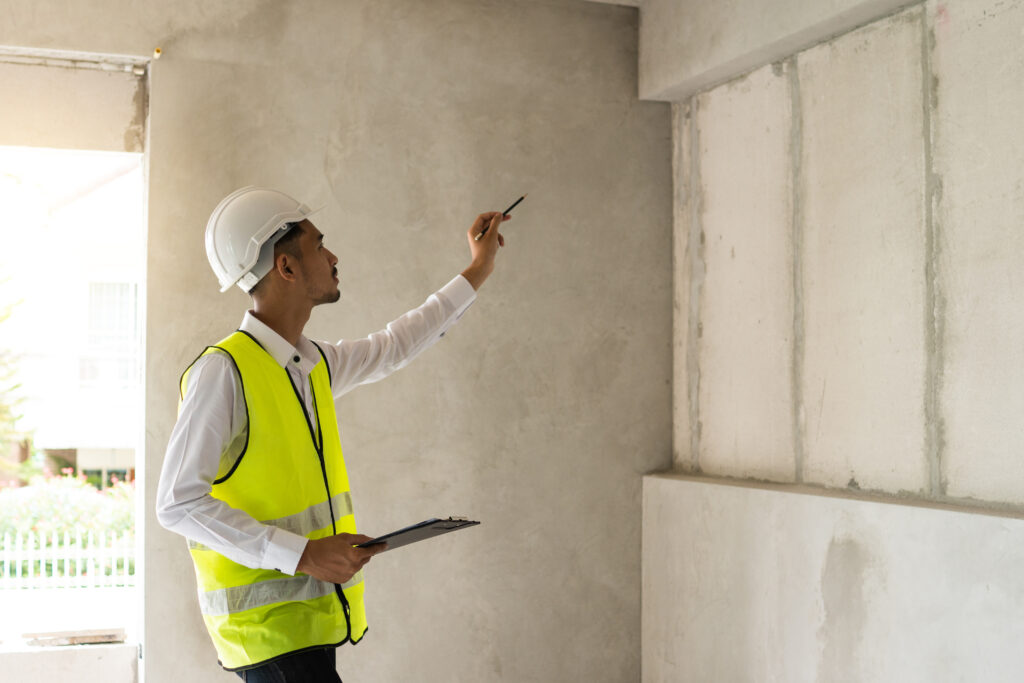Get Educated Before You Take the Plunge: Tips for First-Time Homebuyers
When you’re ready to take the plunge into homeownership, there are some important things you should do before making an offer on a property.
As a first-time homebuyer, it is essential to take the time to research and prepare for the financial and legal responsibilities of owning a home. With the right education and guidance, you can confidently move forward in the home buying process.
In this blog post, we’ll provide you with tips for getting educated about homeownership before taking the plunge. Keep reading to learn more!
Assess your finances: Are you financially ready for homeownership?

So, you’re thinking about buying a home? That’s great!
But before you get too excited about all the possibilities, it’s important to assess your finances and determine if you’re financially ready for homeownership. Owning a home comes with a lot of expenses, beyond just the mortgage payment.
You’ll need to consider property taxes, insurance, maintenance costs, and potentially HOA fees. Take a close look at your budget and determine if you have enough income to cover all of these expenses, while still maintaining a comfortable lifestyle.
It’s also important to consider your debt-to-income ratio and credit score, as these will play a big role in securing a mortgage. If you find that your finances aren’t quite where they need to be, don’t worry! There are steps you can take to improve your financial situation and get yourself on the path to homeownership.
Get pre-approved for a mortgage: How to determine your budget and get pre-approved before house hunting

So, you’ve assessed your finances and determined that you’re financially ready for homeownership. Great job!
Now it’s time to take the next step and get pre-approved for a mortgage. This is an essential part of the home buying process as it will help you determine your budget and show sellers that you’re a serious buyer.
To get pre-approved, you’ll need to gather some documents such as proof of income, tax returns, and bank statements. You’ll also need to provide information about your employment history and any debts you may have. Once you have all the necessary paperwork, you can reach out to a lender to start the pre-approval process.
Getting pre-approved will give you a clear understanding of how much you can afford to spend on a home. It will also make the house hunting process much easier, as you’ll know which properties are within your budget. Plus, having a pre-approval letter in hand can give you an edge in a competitive market.
Remember, it’s important to shop around and compare mortgage offers from different lenders. This will help you find the best terms and interest rates for your situation. Getting pre-approved is an important step that will set you up for success as you embark on your home buying journey.
Location, location, location: Researching and selecting the right neighborhood

When it comes to buying a home, the location is everything.
It’s not just about the house itself, but also the neighborhood it’s in. Researching and selecting the right neighborhood is crucial for a happy and fulfilling homeownership experience.
Start by identifying your priorities. What are the things that matter most to you in a neighborhood? Is it proximity to schools, parks, or public transportation? Do you prefer a quiet residential area or a bustling urban environment? Understanding your needs and preferences will help narrow down your search.
Once you have an idea of what you’re looking for, it’s time to do some research. Explore different neighborhoods online, read reviews, and look at crime rates and school ratings. Take the time to visit the neighborhoods in person to get a feel for the atmosphere and talk to residents if possible.
Consider your future plans as well. Are you planning on starting a family? If so, you might want to look for a neighborhood with good schools and family-friendly amenities. Are you a young professional looking for nightlife and entertainment options? Look for a neighborhood that caters to your lifestyle.
Ultimately, the right neighborhood is a personal decision. Trust your instincts and take the time to find a neighborhood that aligns with your values and aspirations. Remember, you’re not just buying a home, you’re investing in a community.
Don’t skip the inspection: The importance of a home inspection and how it can save you money in the long run

So, you’ve found the perfect house and you’re ready to make an offer. But before you sign on the dotted line, don’t skip the home inspection! It may seem like an unnecessary expense, but a home inspection is a vital step in the home buying process.
A home inspection is conducted by a professional who will thoroughly evaluate the condition of the property. They will check for any structural issues, electrical problems, plumbing concerns, and more. This is your opportunity to uncover any hidden defects or repairs that may be needed.
Skipping the home inspection could lead to costly surprises down the road. Imagine buying a house only to discover later that the roof needs to be replaced or there’s a major foundation issue. These repairs can cost thousands of dollars and may have been preventable if caught during the inspection.
By investing in a home inspection, you can negotiate repairs or a lower price with the seller. In some cases, you may even decide to walk away from a deal if the inspection reveals significant problems that the seller is unwilling to address.
Remember, a home inspection is not just for older homes. Even brand new construction can have defects or issues that need to be addressed. Don’t skip this important step in the home buying process. It can save you money and give you peace of mind knowing that you’re making an informed decision about your new home.
Negotiation strategies: How to negotiate effectively and get the best deal on your new home

When it comes to buying a new home, negotiation is a key skill that can save you thousands of dollars. So, how can you negotiate effectively and get the best deal?
Here are some strategies to keep in mind:
- Do your research. Before entering into negotiations, gather information about the local real estate market, recent sales in the area, and the seller’s motivations. This will give you leverage and help you make informed decisions.
- Set your priorities. Determine what aspects of the home are most important to you, such as price, closing date, or repairs. This will guide your negotiation strategy and help you stay focused on what matters most.
- Be prepared to walk away. Sometimes, the best negotiation tactic is being willing to walk away if the terms are not favorable. This shows the seller that you are serious and can create a sense of urgency.
- Make a strong offer. If you’re truly interested in a property, consider making a strong offer from the start. This can set a positive tone for negotiations and demonstrate your commitment.
- Be respectful and professional. Maintain a respectful and professional attitude throughout the negotiation process. Building rapport and showing empathy can go a long way in reaching a mutually beneficial agreement.
- Use a real estate agent. Hiring a skilled and experienced real estate agent can be a game-changer when it comes to negotiations. They have the expertise to navigate tricky situations and can advocate for your best interests.
Remember, negotiation is all about finding a compromise that works for both parties. By following these strategies, you’ll increase your chances of getting the best deal on your new home. Good luck!
Closing day: What to expect and how to prepare for closing day

Closing day is an exciting and nerve-wracking time for any homebuyer. It’s the day when all the paperwork is signed, and the keys to your new home are finally handed over. But what can you expect on closing day, and how can you prepare for it?
First, make sure you have all your documentation in order. This includes any necessary identification, proof of insurance, and the funds for your down payment and closing costs. It’s also a good idea to do a final walkthrough of the property to ensure that everything is in the condition you agreed upon.
On closing day, you’ll meet with your real estate agent, the seller, and possibly a representative from the title company or your lender. They will guide you through the closing process and explain any documents you need to sign. Be prepared to spend a couple of hours going over paperwork and signing your name.
Once you sign all the necessary documents and transfer the funds, you will officially become a homeowner! They will hand over the keys to you, and you can begin moving into your new home.
The closing day can be overwhelming, but with the right preparation and a supportive team by your side, it can also be a moment of celebration and accomplishment. Good luck with your closing, and enjoy the journey to homeownership!
Ready to sell your property? Give us a call today and learn more about our professional photography services and marketing that can boost your property listing!
Plus, explore our virtual assistant coaching program to level up your business. Don’t forget to tune into our new podcast for even more valuable insights!
